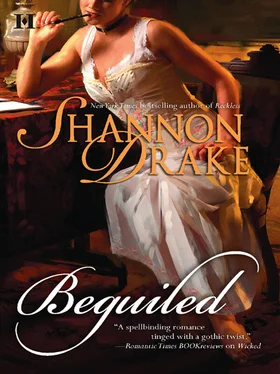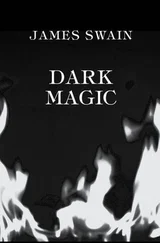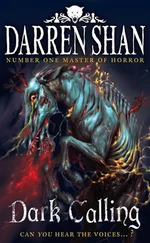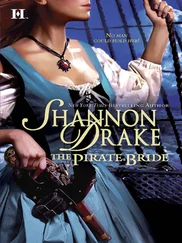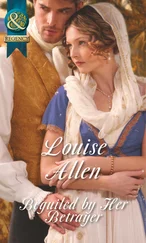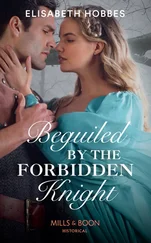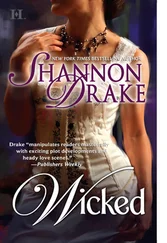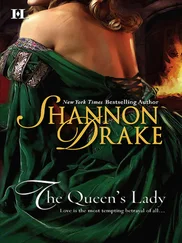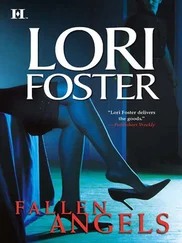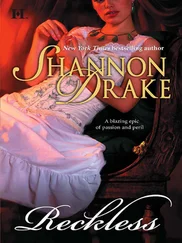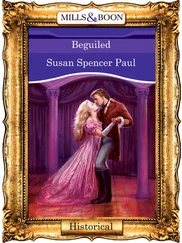“Lavinia,” Jamie said quietly, looking oddly uncomfortable, “the Ripper murders are long past, and no one ever really believed that the monarchy was involved then.”
“Jamie, don’t be so naïve. That theory will go down in the history books, along with others. But we all know—” Lavina began.
“The murders stopped. I think it’s obvious the police knew more than they could say,” Maggie told Lavinia.
“Silence only enrages people all the more.”
Camille swept suddenly up to their group, linking arms with Lavinia. “Shall we move into the great hall? Dinner is being served, and then, after the dancing begins, the announcement will be made. I must move all these people into the dining hall…. Hunter, Jamie, would one of you be so good as to escort Lady Lavinia?”
“What announcement?” Ally inquired.
“Oh,” Camille said, “there is Lord Farrow, Earl of Warren. Ally, you must come with me for a minute. Strange, he is alone, it seems. Come, dear.”
“Camille,” Ally begged. “What announcement?” She spoke seriously, her voice full of determination.
Camille stared at Ally, her lovely cheeks reddening. “One we should have told you about long ago, I’m afraid. We meant to. It’s just that we all wanted to be together, and one thing came up after another….” She lifted her hands. “Life, you know,” she murmured softly. “I suppose one of us should simply have spoken. This came about years ago, before you were old enough to understand, and then you were old enough, but it always seemed as if the right time had not yet come.”
“Lady Camille, what is the announcement?”
But they were interrupted by the arrival of a gentleman. “Dearest Camille,” he murmured. Tall, white-haired, and with a fascinating, lined face, he seemed to be one of those men who needed no title to command respect. Ally recognized him as Lord Farrow, the man Camille had indicated only moments before. He sat in the House of Lords, and was continually fighting for shorter hours and better pay for laborers. He was, if she recollected all she had read properly, a peer of the realm, an avid supporter of the queen, and a very good friend to the common folk, as well.
She was pleased to meet him.
“Lord Farrow, may I present our ward, Miss Alexandra Grayson?” Camille said.
He bowed courteously and took her hand, studying her curiously with dark, gentle eyes. She felt the warmth of his touch and also a strange sensation, as if he saw her as an exceptional artifact someone had brought back from an archeological dig, as if he found every aspect of her fascinating.
“How do you do?” she murmured.
“Quite well, and quite pleased to meet you,” he said. He smiled at her, then glanced at Camille. “Miss Grayson is indeed a rare beauty.” He looked pained for a moment. “I’m terribly sorry that Mark could not be here. He is on the queen’s business. Nothing else could have taken him away, I do solemnly swear. You’ll have to forgive him.” He addressed his final words to Ally.
I don’t even know him, Ally thought, but she answered politely, anyway. “Naturally the queen’s business takes precedence over any party, my lord.”
“Horrid, isn’t it?” he said to Camille. “Giles Brandon was a braggart and an oaf, but I fear his death will but inflame the masses.”
“So do we all,” Camille said.
“Well, I will not dwell on such things in the midst of such beauty,” Lord Farrow said.
“Would you escort Ally into the dining room?” Camille asked. “You are seated together, of course,” she said, and then she was gone with a whirl.
Of course?
“Giles Brandon was a braggart but a powerful writer,” Ally said gravely to Lord Farrow.
“You have read his work?” Lord Farrow demanded, frowning.
“I read everything, my lord. To dispute an argument, one must know what it is.”
He arched a brow. “Intriguing. I am fascinated to get to know you, my dear. Let’s move in, shall we? I see that Camille is anxious to have her guests seated.”
She accepted his arm. The party slowly moved into the great dining hall. They were seated at the north end, surrounded by Brian and Camille, Maggie and Jamie, and Hunter and Kat. As the meal was served and consumed, the conversation covered the next season’s expedition to Egypt, the state of museums in London, art and literature, and even the weather.
Ally smiled, replied and offered a comment or two. She longed to stand up and shout. She knew she had the strength of will to demand an answer to the question she had been asking all night.
What was going on? What announcement?
But as she looked around at those near her at the table, she knew she would not. Lady Maggie and Jamie had been the ones who had taken her in when she had been abandoned to the care of a local priest. Maggie’s butler, a dear man, now gone several years, had been a relation of her “aunties,” so she had been given into their care in the forest, where she could be raised with no stigma because of her orphan beginning. The property where the cottage lay belonged to Lord Stirling. Kat and Hunter, as very good friends of the Stirlings, had adopted her as a godchild, as well, out of sheer love. She owed them all so much. They were all anyone could ever want in a set of guardians—even if it was difficult at times to have quite so many de facto parents. They were all beautiful, powerful and compassionate. They felt a keen sense of responsibility because of the positions life had granted them.
She would never dishonor any of them, and therefore, she would not be rude at Camille’s dinner table.
Still, as she looked around, pretending to chat lightly, to smile, to enjoy the evening, the question still raged inside her.
What was going on?
A sense of dread filled her.
She had intended to make her own announcement that night, to confess she had taken her life into her own hands, and done so with a passion. Something told her she would not get the chance.
THE MORGUE SMELLED SHARPLY of antiseptic, which did not, however, mask the underlying stench of death and decomposition.
Mark stood next to the operating table that held the earthly remains of Giles Brandon. Despite the naked lightbulbs above the corpse, the room seemed shadowed. He was there with two men, Dr. Evan Tiel, the coroner, and Detective Ian Douglas.
Detective Douglas was one of the finest men Mark had ever had the pleasure to meet. Big and gruff, he could handle himself against any man. The fifth son of a minor Scottish landowner, he had spent time dabbling in the law at Eton, then returned to his native land to study medicine in Edinburgh. By the end of his studies he’d realized he was most interested in bringing killers to justice and seeing that the innocent were never mistakenly convicted. He was a handsome man, strong and broad-shouldered, but showing the telltale stress of a man who fought a losing battle—defending the innocent and seeking to uproot evil. It might well be a grand and glorious age in which they were living, but poverty was rampant in London, and poverty was a sure breeder of crime.
Dr. Evan Tiel was an equally laudable man. Shorter, slim, wiry, he had the energy of a hummingbird. He was fascinated with the growing field of using science and medicine in the search for justice. He and Douglas had both attended classes in Edinburgh taught by Dr. Bell, the surgeon and teacher who had been Arthur Conan Doyle’s inspiration for the character of Sherlock Holmes. While some men might mock the idea of paying heed to a writer of fiction when seeking truth, both Tiel and Douglas saw the wisdom in the methods Holmes propounded. While Bell devoted his observations to ascertaining the causes of disease, such methods were equally applicable in other matters.
Читать дальше
